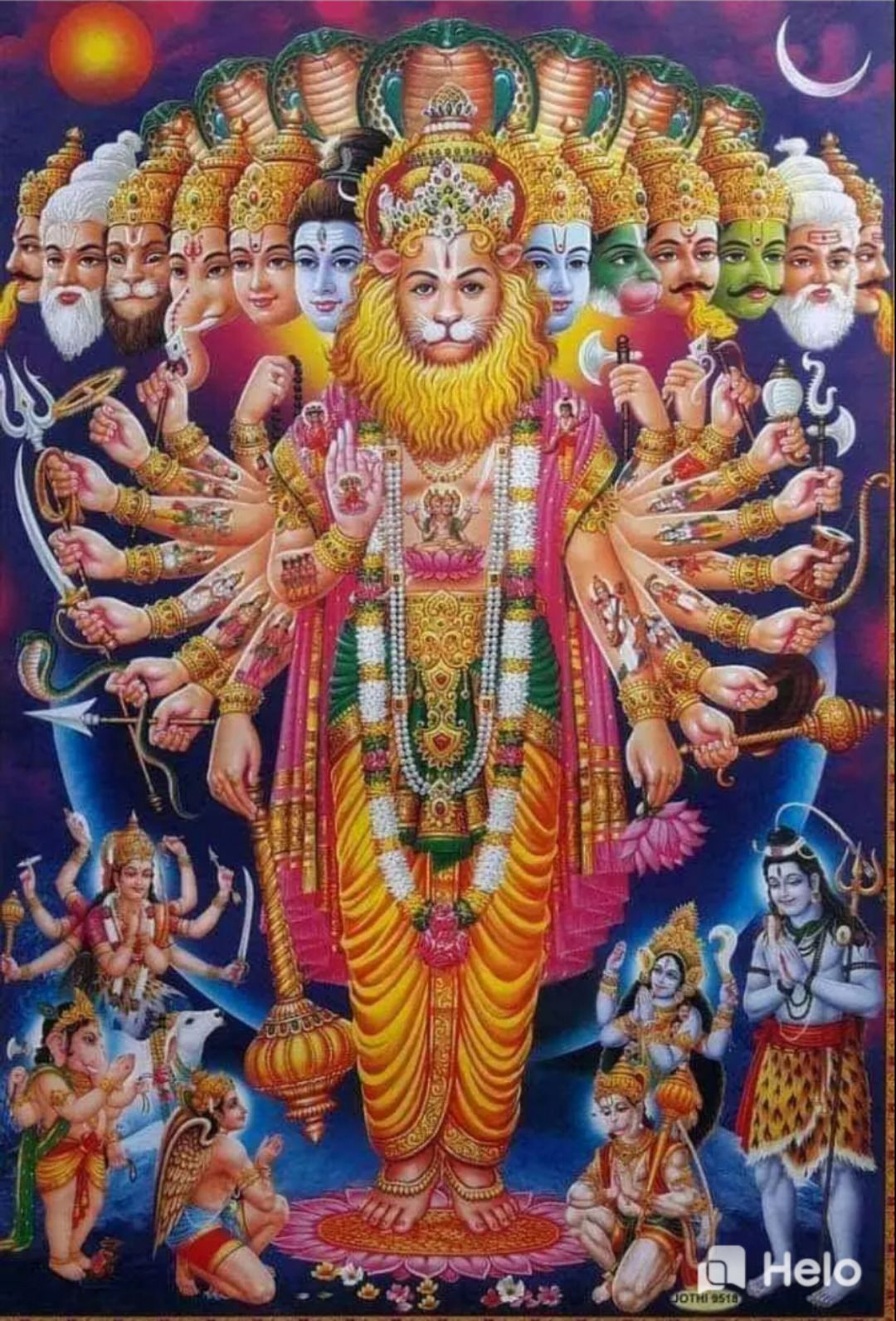http://vedabase.net/sb/7/5/19/en
Srimad Bhagavatam 7.5.19 speaks about catustayam—the four diplomatic principles
DAND NEETI : Chanakya says “ King with rod becomes a terror. A king with mild rod is despised, king just with rod is honored”. Many employees may not show sign of improvement from above methods of motivations in spite of constant follow up. If neither reward nor incentive brings them out of lethargy, punishment is stronger option, but need to be used very intelligently. Punishment is always prescribed for view to improve not to deteriorate (Ms Kiran Bedi proved that punished/ jailed persons should be molded to improve), hence there are many ways of punishments like warning, show cause notice, suspension or salary cutting. Depending of level of irregularity, type of punishment needs to be used in view of maintaining discipline.
The teachers appointed by Hiranyakasipu taught Prahlada Maharaja how to be a diplomat so that he could rule over the citizens very nicely.
Srimad Bhagavatam 7.5.19 speaks about catustayam—the four diplomatic principles
SAM NEETI : The basic and first approach of motivation speaks about explaining the way work is done, may be through Standard operating procedure or verbal communication. When we detail the work, person gets deeper knowledge and develops interest as well. We need to listen and understand their problem, convince them about management perspective. Solutions can be worked out to complex problems through negotiations. Sometimes expertise from external or internal agency also can help.
DAM NEETI: Employees work for money & money is one of the prime factor, acts as catalyst. Chanakya suggested rewarding employees sufficiently in order to get the work done. Organizations decide to facilitate by cash or kind, depending upon the policy formulated. Piece rate system of wages is an example, which is a reality in almost all the organization for certain defined work, especially in case of labor intensive industries like textiles, leather etc. Another live example is target based incentives scheme, where target may be sales volume, PBIT, productivity, machine efficiency. Award system, like best employee, most regular employee, long serving employee etc. all these fall under DAM NEETI.
DAND NEETI : Chanakya says “ King with rod becomes a terror. A king with mild rod is despised, king just with rod is honored”. Many employees may not show sign of improvement from above methods of motivations in spite of constant follow up. If neither reward nor incentive brings them out of lethargy, punishment is stronger option, but need to be used very intelligently. Punishment is always prescribed for view to improve not to deteriorate (Ms Kiran Bedi proved that punished/ jailed persons should be molded to improve), hence there are many ways of punishments like warning, show cause notice, suspension or salary cutting. Depending of level of irregularity, type of punishment needs to be used in view of maintaining discipline.
BHED NEETI: Much abused neeti, divide and rule, Chanakya says something very important. When no weapon works, then this the hard option, though not encouraged at all, it is final step. It is concluded that employee and organization cannot work together and hence it is the best way for the benefit of both. Parting is the only option left, else company can think of transferring to some other work area, which may not be very crucial. Government officers, mostly policemen or IAS officers often face transfer under this policy.
https://www.youtube.com/results?search_query=saam+daam+dand+bhed
It is essential for a student who is going to be a ruler or king to learn the four diplomatic principles. There is always rivalry between a king and his citizens. Therefore,
https://www.youtube.com/results?search_query=saam+daam+dand+bhed
It is essential for a student who is going to be a ruler or king to learn the four diplomatic principles. There is always rivalry between a king and his citizens. Therefore,
- when a citizen agitates the public against the king, the duty of the king is to call him and try to pacify him with sweet words, saying, "You are very important in the state. Why should you disturb the public with some new cause for agitation?"
- If the citizen is not pacified, the king should then offer him some lucrative post as a governor or minister-any post that draws a high salary—so that he may be agreeable.
- If the enemy still goes on agitating the public, the king should try to create dissension in the enemy's camp,
- but if he still continues, the king should employ argumentum ad baculum—severe punishment—by putting him in jail or placing him before a firing squad.
The teachers appointed by Hiranyakasipu taught Prahlada Maharaja how to be a diplomat so that he could rule over the citizens very nicely.


No comments:
Post a Comment